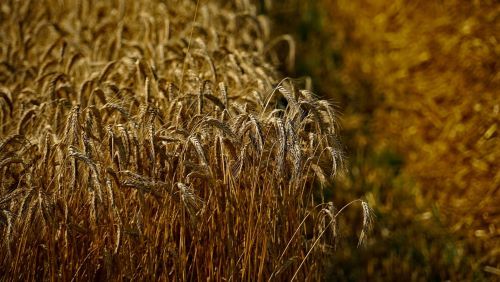
2 June 2023
The average income for farming households in the UK declined by 11% between 2021 and 2022, which could affect the ability for farms to transition to more environmental practices. Reduced incomes have been influenced by the transition to new farming subsidies, such as Defra’s Sustainable Farming Incentive (SFI), as well as the impacts of Brexit and the Ukraine war.
Defra has awarded up to £30 million to cutting-edge farming projects aimed at increasing food production, achieving net-zero emissions, and creating a more sustainable agricultural sector. Alongside this, it has launched a £12.5 million ‘On-Farm Environmental Resilience’ competition focused on innovative projects that support farm resilience including boosting soil health.
Northern Ireland’s Agri-Food and Bioscience Institute (AFBI) has announced the expansion of the Soil Nutrient Health Scheme. Free soil sampling will be offered to farmers in new areas of Northern Ireland. The scheme aims to provide farmers with detailed information on soil nutrients and carbon management, helping reduce nutrient loss to the environment. So far, the scheme has seen a high uptake.
The Climate Change Committee warns that livestock farms in Wales must receive support to adapt to climate change targets or face significant job losses. Agriculture accounts for 14% of Welsh emissions. The lack of adaptation in livestock farming could result in the loss of up to 42,000 jobs across the UK.
Members of the European Parliament's agriculture and fisheries committees have voted against the EU's nature restoration law, sparking accusations of fueling a "culture war against nature." The law, a key part of the European Green Deal, aims to restore ecosystems to meet climate and biodiversity commitments, including reducing chemical pesticide use in agriculture. The decision will be further discussed at the upcoming meeting of EU environment ministers.
Persistent rainfall shortages are severely affecting the agriculture industry in southern EU member states. The lack of rain is drying soils leading to decreased animal feeding, delayed spring crops, and reduced irrigation yields. Several countries, including Spain, Portugal, France, and Italy, are seeking financial assistance from the EU's agricultural reserve to support farmers.
A new study suggests that adopting sustainable "no-till" or "low-till" farming practices could effectively halt costly erosion in the US Midwest. Intensive agricultural activity in the region has led to significant erosion of topsoil, with annual losses of nearly $3 billion in crop productivity.
Research by the University of Edinburgh suggests implementing a conservation basic income (CBI). CBI involves providing an unconditional cash payment to people living in protected areas or alongside endangered species. It could be an effective strategy for halting biodiversity loss, including poor soil health.
Italian researchers have published a paper, highlighting the role of Trichoderma afroharzianum, a soil fungus, in enhancing tomato plant resistance to pest insects. This beneficial fungus alters the gut microbiota of insects and protects the plant from pathogenic fungi.